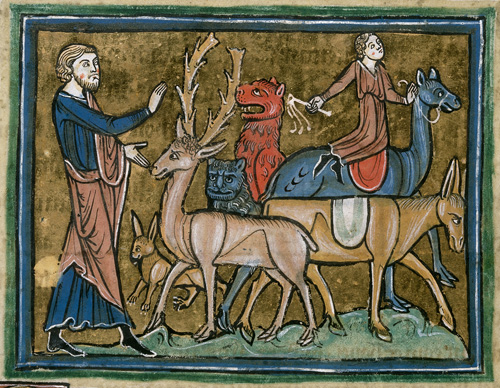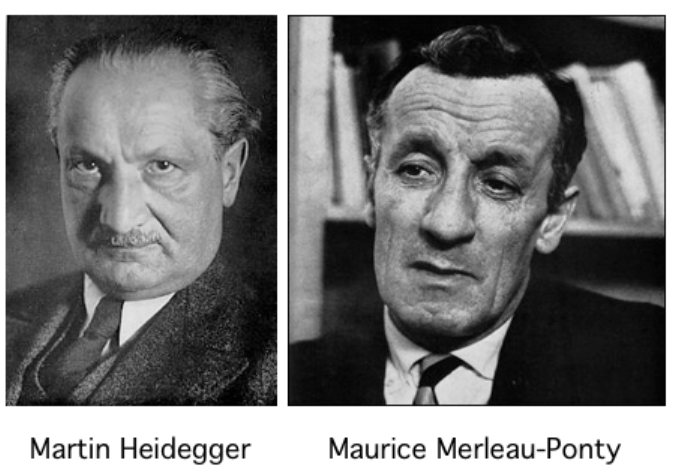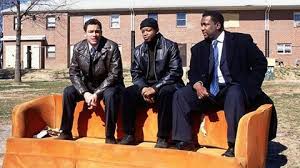Modern philosophy and theology, in the guise of humanism, can be described as an attempt to assert the triumph of the human over the animal. Much recent philosophy and theology, by contrast, argues not only that the lives of human and non-human animals are not so neatly distinguishable but also that the project of modern humanism dangerously self-deceptive. Through a series of inquiries into the nature of animal life, this course highlights the importance of thinking carefully about the relations between humans and animals. By focusing on the lives of animals as a guiding theme, we shall explore a number of questions that are central to recent philosophical and theological enquiry: language and communication; mind, belief, and rational reflection; action and agency; the relation of body and soul; friendship and other forms of social relation; the possibility of distinguishing the wild from the domestic; the question of posthumanist discourse; and an understanding of ethics that thinks richly about vulnerability and dependence, woundedness, suffering and death.

This course is an encounter with the philosophical tradition known as phenomenology by way of an extended examination of two of its main proponents—Martin Heidegger and Maurice Merleau-Ponty—for whom being is best understood as “being-in-the-world.” From Heidegger’s rethinking of being in relation to time to Merleau-Ponty’s appreciation of significance of the body as neither subject nor object, we will explore their debates about being, self, knowledge, experience, care, and death, among other important questions.

When, at the mid-point of his life, Dante found himself in the midst of a crisis, he turned to the dead to help him find his way. Equal parts literature, poetry, history, politics, philosophy, and theology, this course will follow along with Dante on his epic journey through hell, purgatory, and heaven that is known as the Divine Comedy.

Ancient philosophers like Plato and Aristotle typically devoted significant attention to the forms of common life they took to be characteristic of the good city. The question of the city is equally prominent in theological reflection. In the book of Genesis, the formation of the city is located in the context of an account that is characteristically referred to as "the fall" while the book of Revelation presents a vision of the redeemed city. Augustine brings together philosophical and theological resources to tell a tale of two cities – the earthly and heavenly – that are woven together in complex ways, such that we might read the story of any particular city as being at once redeemed and unredeemed. Among other things, this suggests that philosophy and theology somehow have a significant stake in the question of the city. And yet it might be argued that contemporary
discourse on the city is characterized by the relative absence of meaningful
philosophical and theological reflection, while at the same time the
disciplines of theology and philosophy no longer have very much to say about
the city. Against the background of this cluster of claims, this course will explore what sorts of philosophical and theological statements are made and invited by the contemporary city. It will be structured around an engagement with David Simon's critically acclaimed TV drama, The Wire – an extended and multi-layered reflection on the state of the city in the context of late capitalism.

- Teacher: Chris Huebner